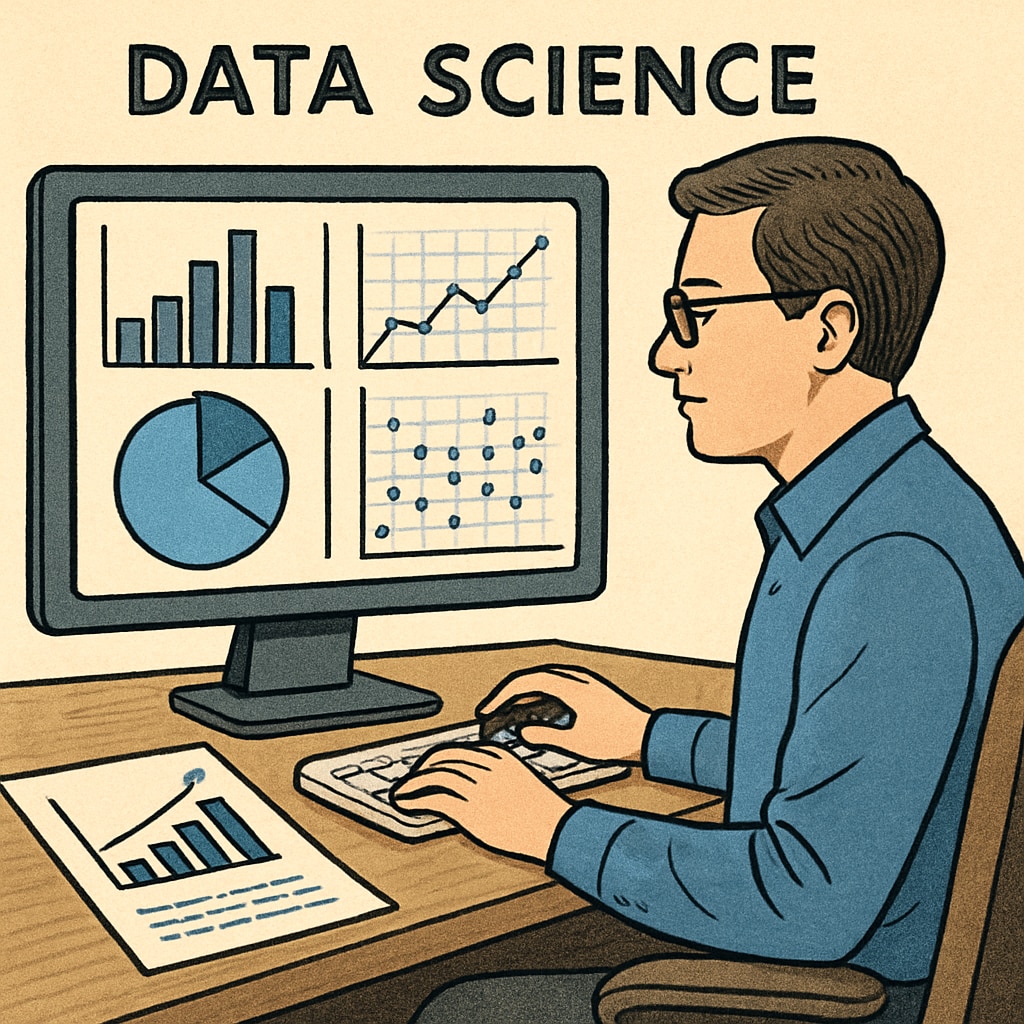The digital revolution has reshaped industries, lifestyles, and education. Careers in cybersecurity, data science, and related fields are not only in high demand but also critical to the global economy. To address these needs, K12 education plays a pivotal role in equipping students with foundational knowledge and skills in these disciplines. This article examines the prospects of cybersecurity and data science careers, emphasizing the importance of early education in preparing students for these dynamic fields.
Why Focus on Cybersecurity and Data Science in K12 Education?
Both cybersecurity and data science are central to today’s digital-first world. Cybersecurity professionals safeguard sensitive information from cyber threats and attacks, ensuring data integrity and privacy. Meanwhile, data scientists analyze complex datasets to extract actionable insights, driving informed decision-making across industries. The demand for professionals in these areas has surged, with companies and governments worldwide investing heavily to address talent shortages.
Introducing these concepts during the K12 years is essential for several reasons:
- High Demand, High Pay: Cybersecurity and data science careers offer competitive salaries and job stability. According to the U.S. Bureau of Labor Statistics, cybersecurity roles are expected to grow by 35% by 2031, while data-related jobs are expanding rapidly across sectors.
- Critical Thinking Development: Both fields require problem-solving, analytical skills, and creativity—abilities that are best nurtured early.
- Digital Literacy: Basic knowledge of cybersecurity and data handling is a must for all, regardless of career path, due to the increasing reliance on technology in everyday life.

Career Pathways in Cybersecurity and Data Science
While both fields share a reliance on technology and data, their career pathways are distinct and diverse. Here’s an overview of the opportunities available in each:
Cybersecurity Careers
Cybersecurity professionals are the frontline defense against cyber threats. Key roles in this domain include:
- Security Analyst: Monitoring and protecting systems from breaches.
- Penetration Tester: Simulating cyberattacks to identify vulnerabilities.
- Chief Information Security Officer (CISO): Overseeing an organization’s entire cybersecurity strategy.
Entry-level positions may require certifications such as CompTIA Security+ or Certified Ethical Hacker (CEH), while advanced roles often demand degrees in computer science or information technology.
Data Science Careers
Data scientists use statistical methods and machine learning to analyze and interpret data. Popular roles include:
- Data Analyst: Interpreting data to identify trends and opportunities.
- Machine Learning Engineer: Developing algorithms that enable systems to learn from data.
- Business Intelligence Developer: Designing strategies to use data for better decision-making.
Proficiency in programming languages like Python, R, and SQL, along with tools like Tableau, is essential in this field. Additionally, degrees in mathematics, statistics, or computer science provide a strong foundation.

How K12 Education Can Foster Early Interest
To prepare students for these career paths, K12 institutions must adopt innovative approaches to STEM (science, technology, engineering, and mathematics) education. Here are some strategies:
- Hands-on Learning: Encourage students to participate in coding workshops, cybersecurity simulations, and data analysis projects.
- Engaging Curriculum: Integrate topics like ethical hacking, data visualization, and AI (artificial intelligence) into existing STEM programs.
- Partnerships with Industry: Collaborate with tech companies to provide mentorship, internships, and exposure to real-world challenges.
- Competitions and Clubs: Initiatives such as cybersecurity competitions (e.g., CyberPatriot) and data science clubs can ignite students’ passion for these fields.
By introducing students to the possibilities of cybersecurity and data science early, educators can help them make informed career choices while building the skills essential for success in the digital economy.
The Future of Cybersecurity and Data Science Careers
The future of work is undeniably intertwined with technology. As industries continue to embrace digital transformation, the need for skilled professionals in cybersecurity and data science will only grow. For example, advancements in fields like IoT (Internet of Things), blockchain, and artificial intelligence will create new challenges and opportunities, further expanding these career options.
For students, this means a chance to be at the forefront of innovation, with access to rewarding careers that have a tangible impact on the world. By fostering curiosity and providing early exposure, K12 education can be the launchpad for future leaders in these critical fields.
As a result, investing in resources and programs that support cybersecurity and data science education is not just an educational priority—it’s an economic and societal imperative.
Readability guidance: Use short paragraphs and lists to summarize key points. Each H2 section provides clear, focused insights with actionable takeaways. Transition words like “however,” “therefore,” and “in addition” are used throughout to ensure smooth flow.


